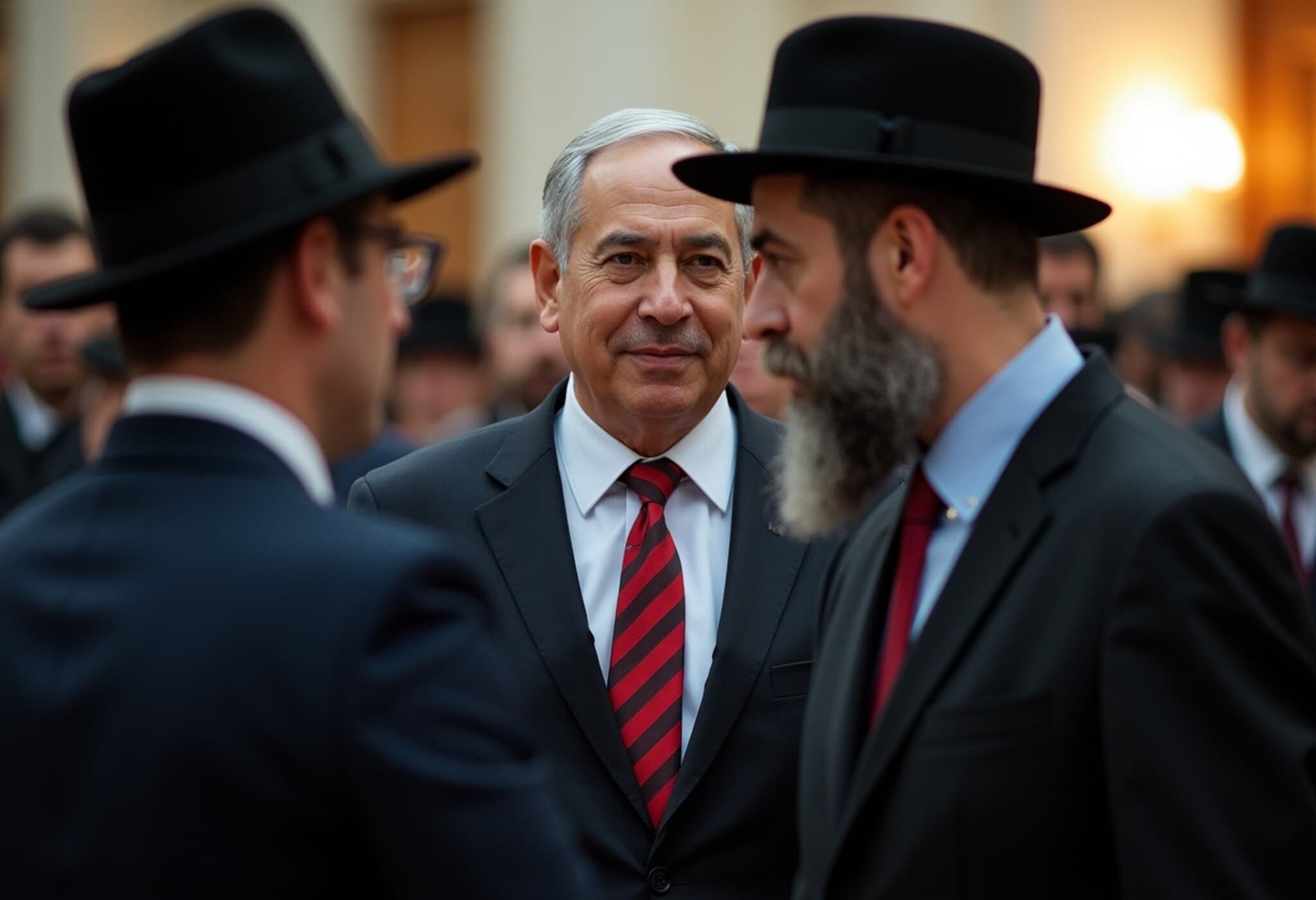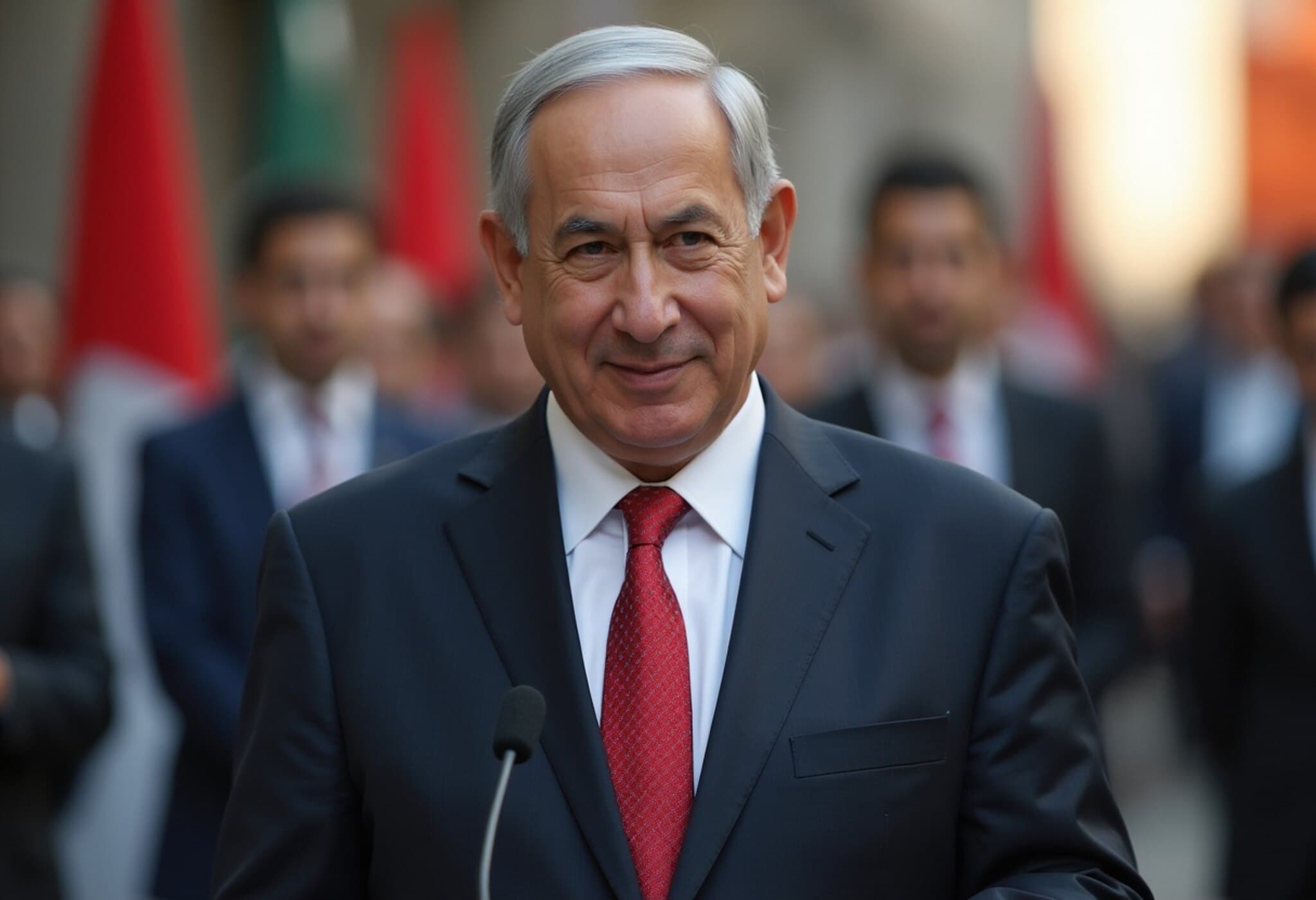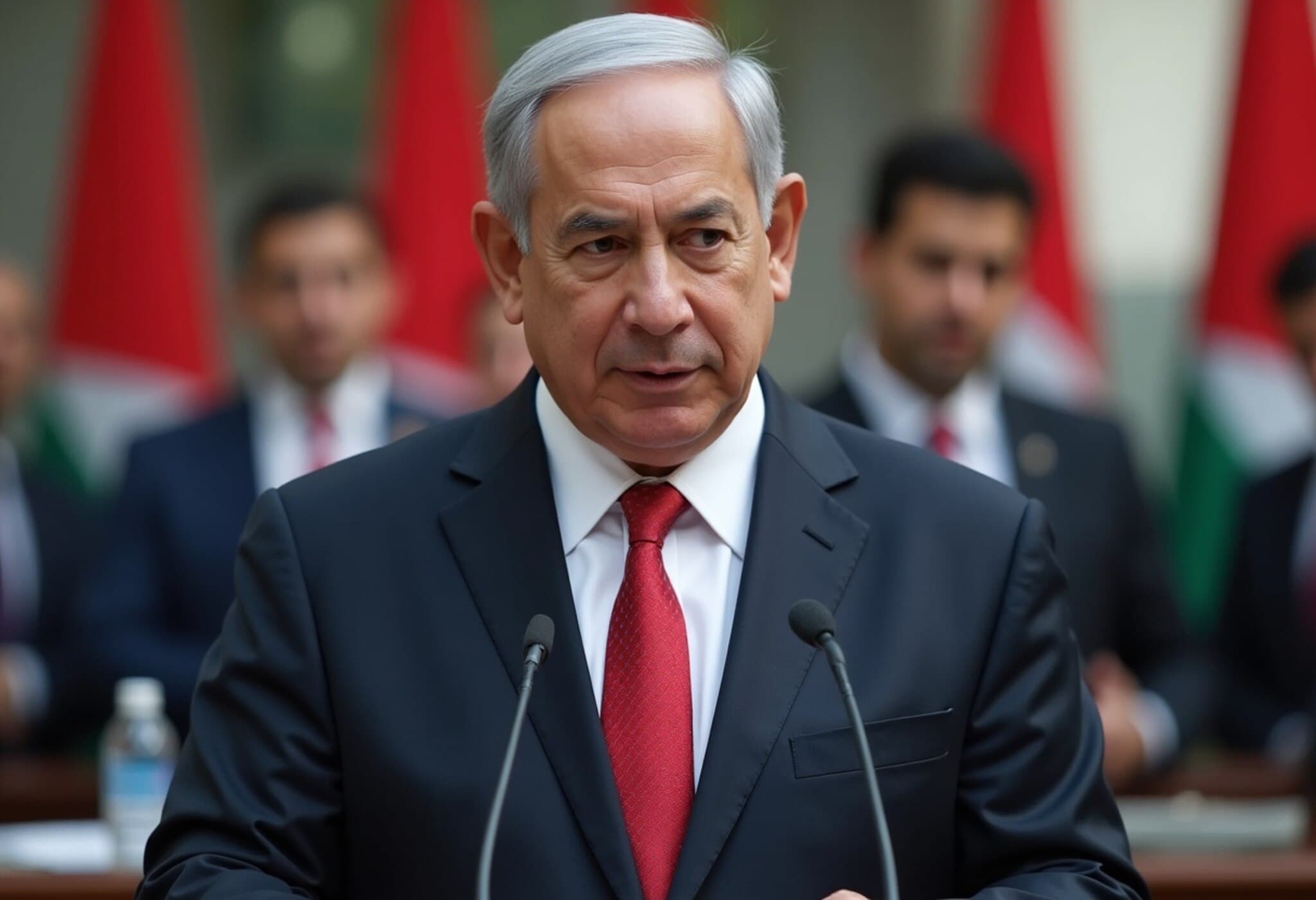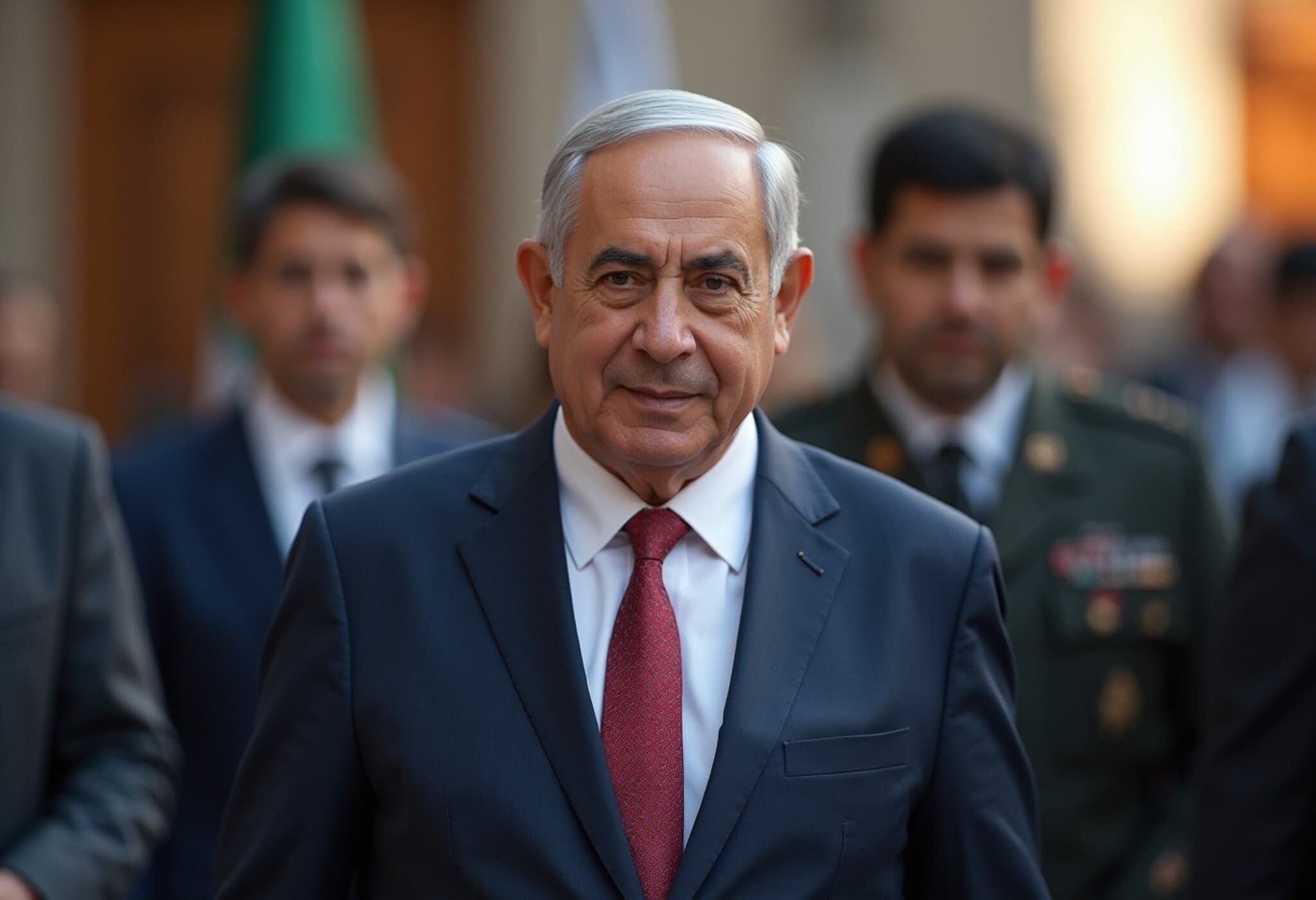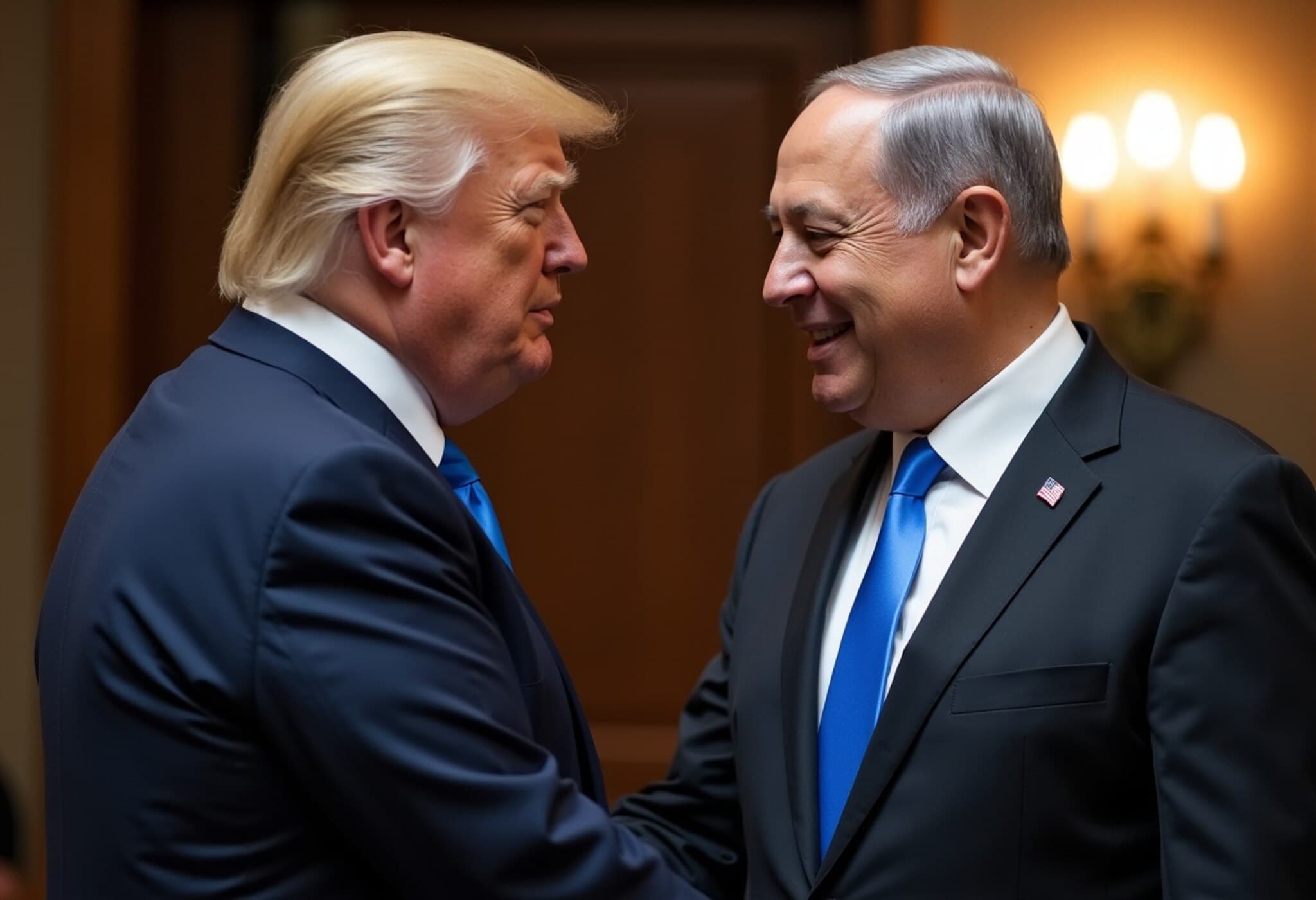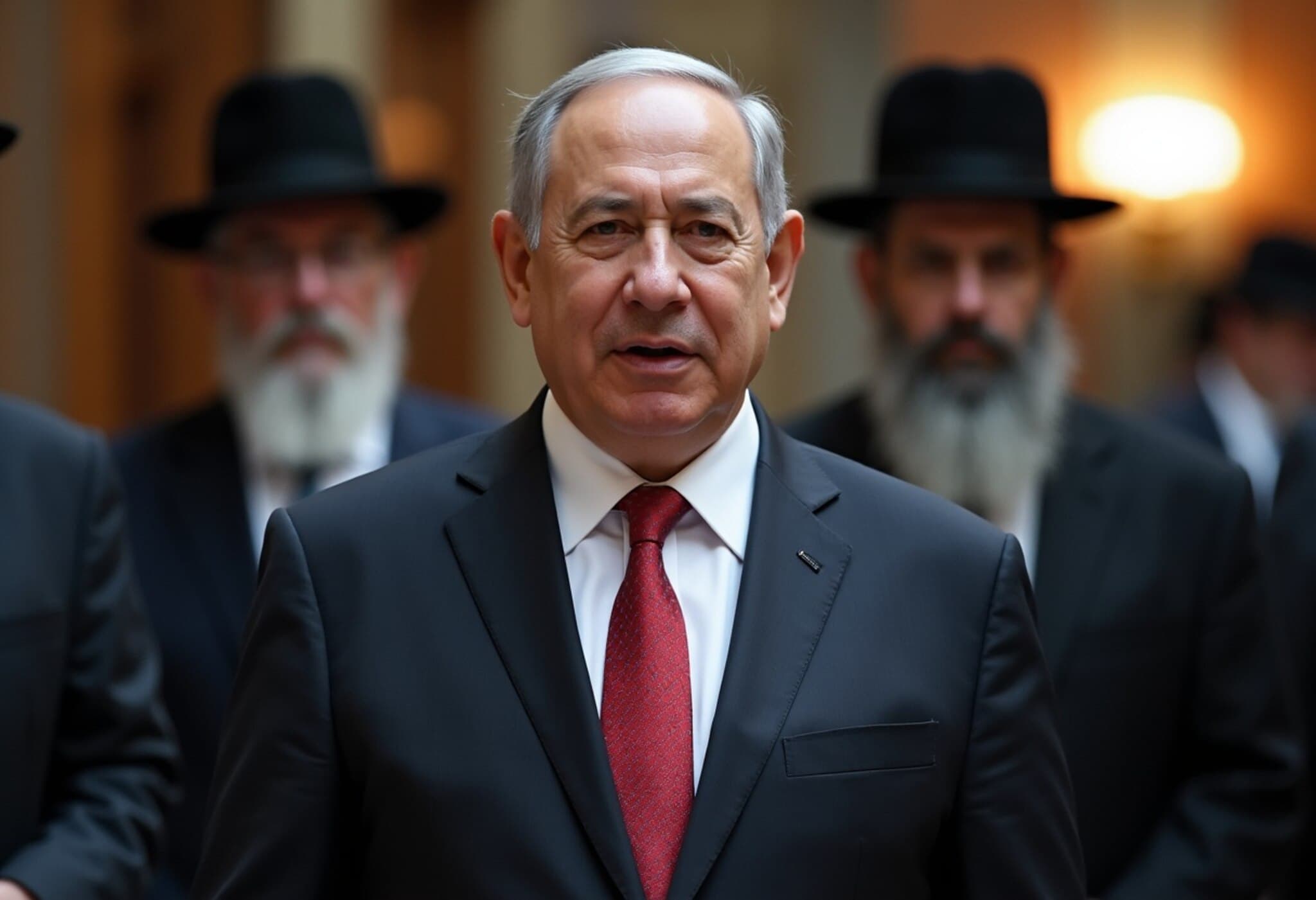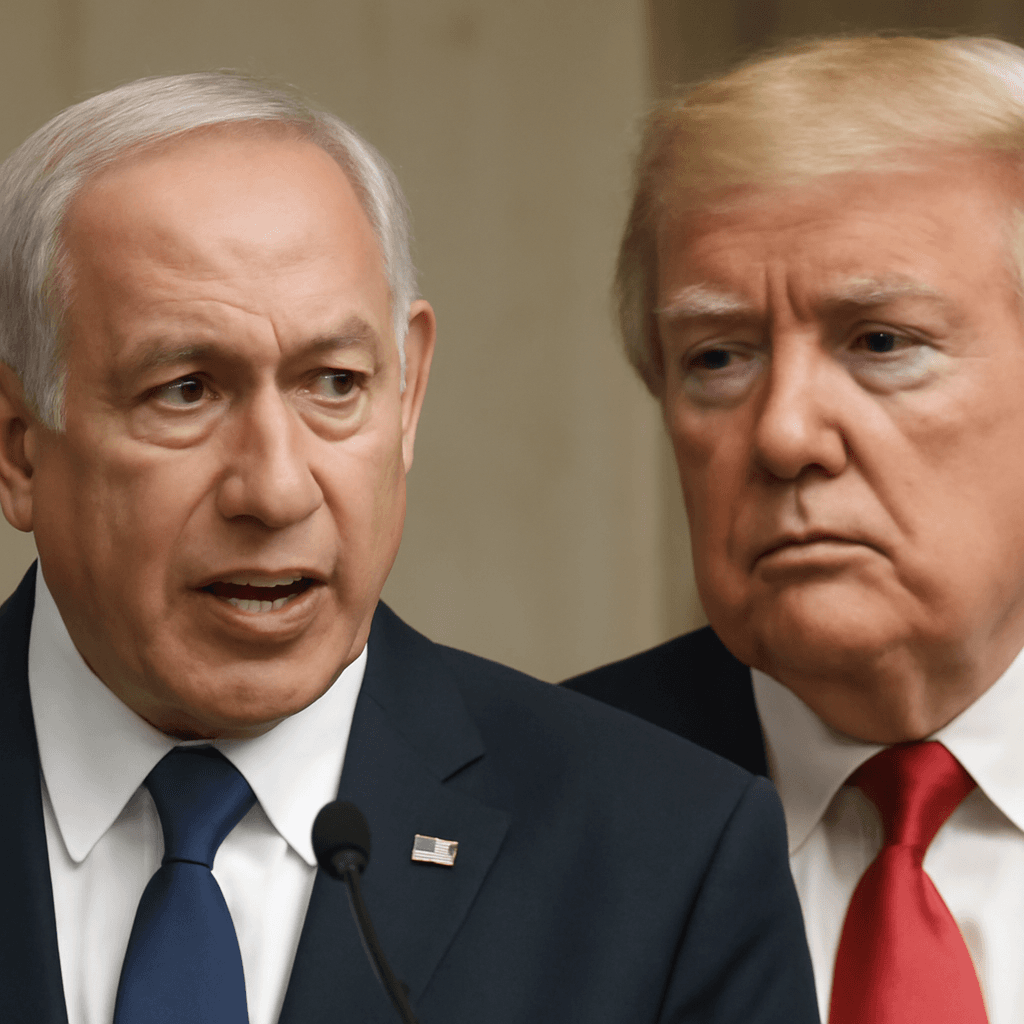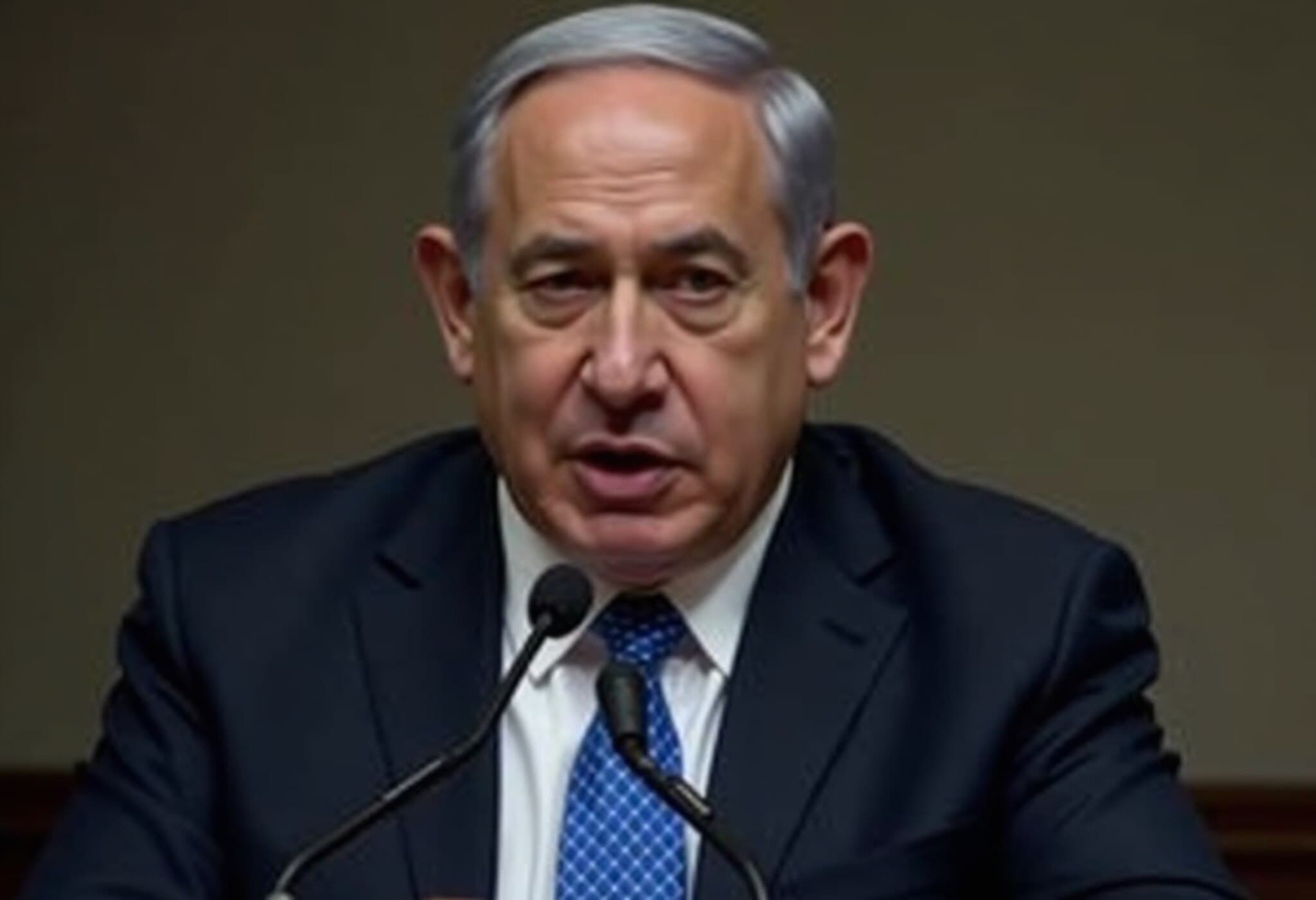Ultra-Orthodox Party Exits Netanyahu’s Coalition Amid Conscription Row
Tel Aviv, July 15, 2025 — In a political upheaval that could complicate Israel’s wartime governance, the ultra-Orthodox alliance United Torah Judaism (UTJ) announced its intention to leave Prime Minister Benjamin Netanyahu’s governing coalition. This dramatic move stems from a protracted conflict surrounding a sensitive draft bill seeking to mandate military conscription for ultra-Orthodox seminary students — a segment historically exempt from service.
The Political Stakes: A Coalition on a Knife-Edge
UTJ’s departure, which will officially take effect within 48 hours unless reversed, threatens to erode Netanyahu’s parliamentary majority to a precarious minimum. Although the prime minister’s rule isn’t immediately imperiled, the coalition will increasingly lean on two hardline right-wing factions known for their uncompromising stances, particularly against ceasefire negotiations with Hamas.
These far-right groups have previously balked or withdrawn support amid discussions over potentially pausing or ending hostilities in Gaza, illustrating how fragile the coalition balance has become during this turbulent chapter of the Israel-Hamas conflict.
The Draft Bill Debate: A Flashpoint of Societal Division
The crux of the dispute lies in the ultra-Orthodox community's exemption from military service. Traditionally, many ultra-Orthodox men studying in yeshivas have been waived from conscription, a policy repeatedly challenged by Israel's Supreme Court and various government factions.
Last year’s Supreme Court ruling mandated the Defense Ministry to conclude this long-standing exemption, a directive that has intensified tensions amid Israel’s ongoing military efforts in Gaza. As combat operations demand increased manpower, the remaining exemptions appear increasingly contentious to much of the Israeli public, who largely must serve in the military.
Coalition Negotiations Amid an Ongoing War
Complicating matters, truce negotiations with Hamas are ongoing but delicate. Despite robust diplomatic engagement from the United States — Israel’s closest ally — and regional mediators like Egypt and Qatar, no breakthrough has emerged. Controversially, proposals such as relocating hundreds of thousands of Palestinians into a smaller area within southern Gaza have stirred fears that humanitarian costs might undermine prospective ceasefires.
Far-right coalition partners firmly oppose any ceasefire that allows Hamas to remain intact, further constraining Netanyahu's maneuvering space.
Prospects for Reconciliation and Political Stability
While the coalition’s stability is unquestionably tested, there remains a procedural buffer: parliamentary rules prevent a no-confidence vote until the end of the year, and an extended summer recess until October offers Netanyahu a limited window to broker a compromise.
Experts like Shuki Friedman of the Jewish People Policy Institute caution that the legislative drafts currently on offer fall short of the ultra-Orthodox party’s demands. Nonetheless, government insiders, including Likud's Miki Zohar, remain cautiously optimistic that the UTJ may be persuaded to return, underscoring the high stakes involved.
Expert Analysis: The Wider Impact on Israeli Society and Governance
This political impasse reflects deeper fissures within Israeli society — between the secular majority and the insular ultra-Orthodox communities, who view conscription as an existential threat to their religious studies and way of life. The prolonged exemption has long been a sensitive symbol of identity and political power, yet Israel’s security realities amid protracted conflict demand increased solidarity and shared burden.
Netanyahu's government is now caught between honoring coalition promises and addressing the pragmatics of national defense. The stakes extend beyond parliamentary arithmetic; they encompass the social fabric of Israel at a time when unity could prove vital.
Looking Ahead
- Will Netanyahu manage to negotiate a draft exemption compromise that satisfies the ultra-Orthodox without alienating the broader public?
- How will the coalition dynamics shape Israel’s strategy and messaging amid ongoing Gaza hostilities?
- What role might international partners play in mediating not just the conflict but also the political fissures at home?
Editor’s Note
The withdrawal of United Torah Judaism from Netanyahu’s coalition spots a glaring spotlight on Israel’s enduring societal cleavages. Beyond an immediate political disruption, this event raises critical questions about how democracies balance religious freedoms, national obligations, and the immense pressures of wartime governance. As Israel navigates these choppy waters, observers must watch whether coalition instability will hinder consensus on the war effort or galvanize new approaches to social cohesion.

